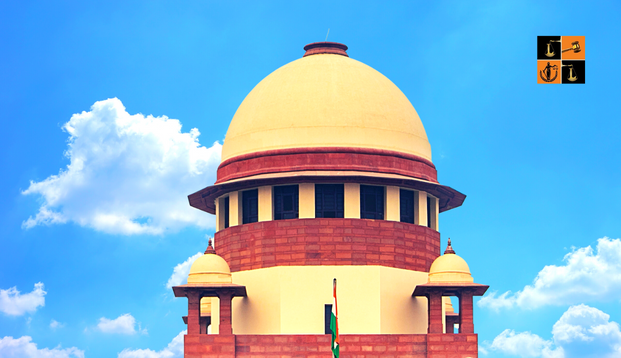The Supreme Court has recently provided clarity on the application of the principle of res judicata in subsequent proceedings. The court held that only fundamental determinations made by the court would be subject to the principle of res judicata, while collateral observations that are non-essential to the final decision would not be bound by it.
A bench comprising Justice Surya Kant and Justice JK Maheshwari laid down this principle while adjudicating an appeal in the case of Yadaiah and Anr. v State of Telangana and Ors. The case involved an intra-court appeal by the State of Telangana and its revenue authorities, which was allowed by reversing the decision of a single judge.
The issue at hand was whether a second Show Cause Notice (SCN) issued to the appellants was barred by the principle of res judicata, as it was based on the same subject matter as the first SCN.
The court clarified that only fundamental determinations made by the court would be considered under res judicata. These are the findings that are crucial to the court's ability to adjudicate a dispute and form the vital reasoning for a definite conclusion on the merits of the issue. Such determinations are binding between the same set of parties in subsequent proceedings.
On the other hand, collateral observations, which are not foundational to the final decision, would not be bound by res judicata in future proceedings. These are the non-essential or incidental remarks made by the court during the process of arriving at a final conclusion.
The court further provided a test to distinguish between fundamental and collateral determinations. It suggested that the key inquiry is to assess whether the concerned determination is so vital to the decision that without it, the decision itself cannot stand independently.
The judgment clarified that the application of res judicata is limited to only those determinations that are fundamental in nature and necessary for the final decision. Non-essential or collateral observations made by the court do not fall under the scope of res judicata and would not restrict the court's freedom to decide similar issues in future proceedings.
Consequently, in the case of Yadaiah and Anr. v State of Telangana and Ors., the appeal against the second SCN was dismissed as the court found it to be non-fundamental and not barred by the principle of res judicata. The judgment provides important guidance on the application of res judicata and ensures that only essential determinations made by the court have a binding effect in subsequent proceedings.
Source: Link
Picture Source :


























